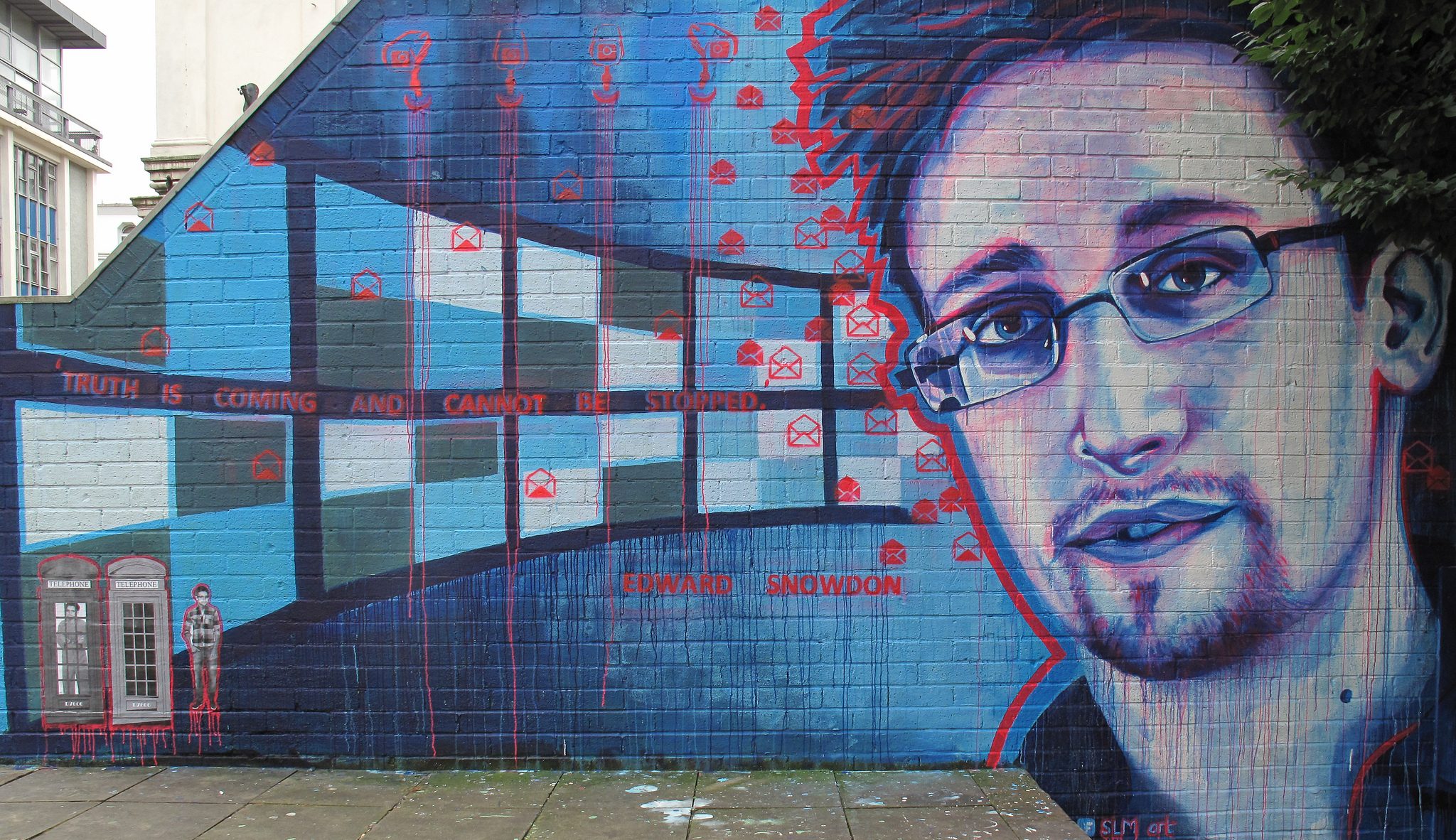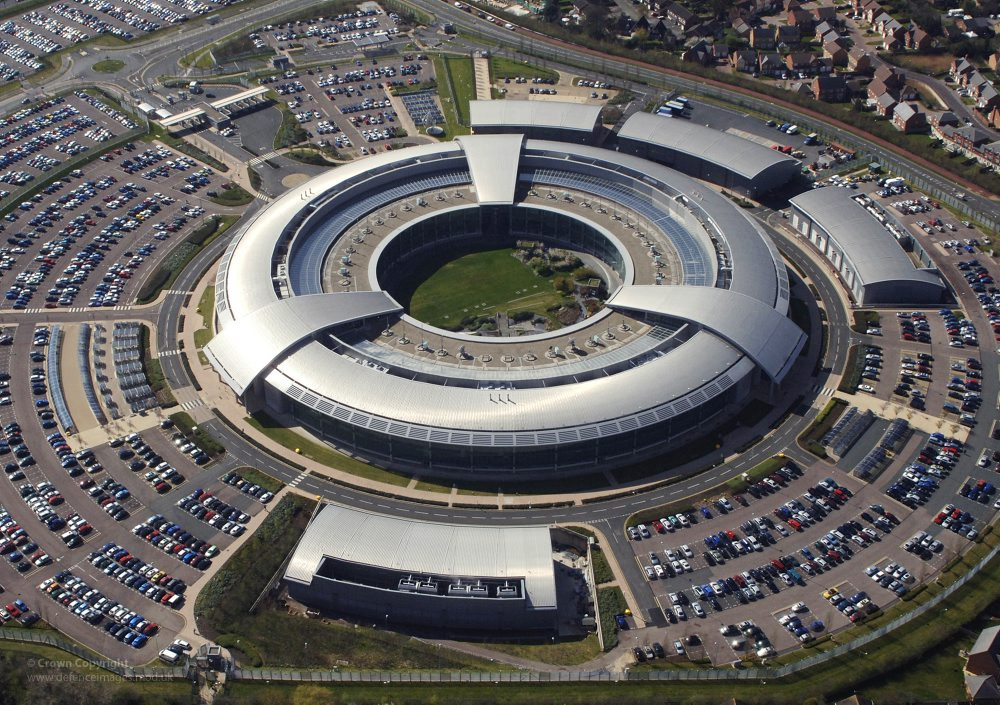The Human Rights Court has ruled that GCHQ’s surveillance and interception of private communications violated human rights.
In a significant judgement, the Human Rights Court found that UK intelligence agencies breached Article 8 and Article 10 of the Human Rights Convention.
Article 8 protects the right to respect for privacy and family life, and Article 10 protects the right to freedom of expression. The court ruled that GCHQ’s collection of private communications did not protect journalistic sources.
However, the court found that sharing information with the intelligence agencies of foreign countries did not breach human rights.
Edward Snowden and Rights Campaigners Vindicated
 Whistleblower Edward Snowden’s revelations led to this test case Credit: Lawrence Holmes Flickr
Whistleblower Edward Snowden’s revelations led to this test case Credit: Lawrence Holmes Flickr
The test case was first brought before the Human Rights Court in Strasbourg in 2013 by a coalition of human rights groups following revelations by whistleblower Edward Snowden that the UK and US governments were gathering huge swathes of private communications.
The case marks the Human Rights Court’s first ruling on the UK’s mass surveillance programmes, described as ‘population-scale’ by Snowden.
Campaigners feel it is a significant moment for the protection of UK citizens’ rights.
Silkie Carlo, director of Big Brother Watch said: “This landmark judgment, confirming that the UK’s mass spying breached fundamental rights, vindicates Mr Snowden’s courageous whistleblowing and the tireless work of Big Brother Watch and others in our pursuit for justice.”
“Under the guise of counter-terrorism, the UK has adopted the most authoritarian surveillance regime of any Western state, corroding democracy itself and the rights of the British public. This judgment is a vital step towards protecting millions of law-abiding citizens from unjustified intrusion. However, since the new Investigatory Powers Act arguably poses an ever greater threat to civil liberties, our work is far from over,” continued Carlo.
The British government’s surveillance practices have violated not only our right to privacy, but our right to freedom of expression too.
Antonia Byatt, director of English PEN
Antonia Byatt, director of English PEN said: “This judgment confirms that the British government’s surveillance practices have violated not only our right to privacy, but our right to freedom of expression too. Excessive surveillance discourages whistle-blowing and discourages investigative journalism. The government must now take action to guarantee our freedom to write and to read freely online.”
Will the Ruling Apply to the Investigatory Powers Act 2016?
For five long years, governments have denied that global mass surveillance violates of your rights. And for five long years, we have chased them through the doors of every court. Today, we won. Don't thank me: thank all of those who never stopped fighting. https://t.co/ARgbI5PKaa
— Edward Snowden (@Snowden) September 13, 2018
The ruling highlights a lack of safeguards and oversight of the UK government’s bulk surveillance of its citizens under the Regulation of Investigatory Powers Act (RIPA). However, campaigners feel the same concerns apply to its replacement, the Investigatory Powers Act 2016.
Jim Killock, Executive Director of the Open Rights Group said: “Since we brought this case in 2013, the UK has actually increased its powers to indiscriminately surveil our communications whether or not we are suspected of any criminal activity.
“In light of today’s judgment, it is even clearer that these powers do not meet the criteria for proportionate surveillance and that the UK Government is continuing to breach our right to privacy.”







